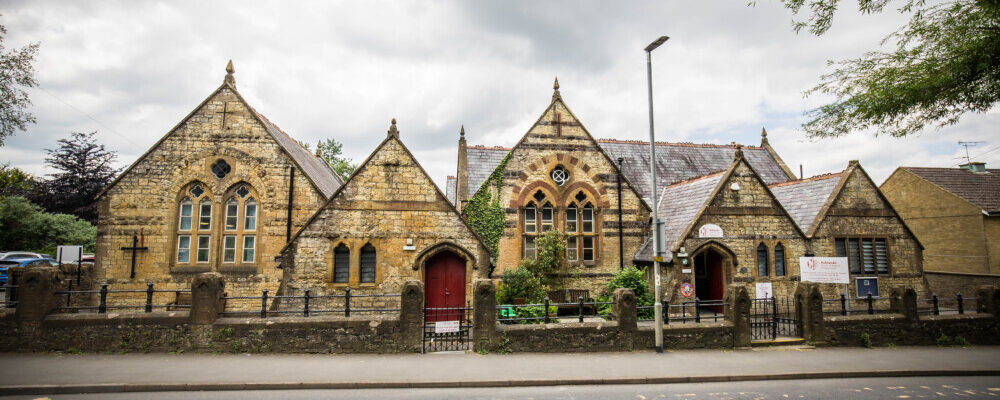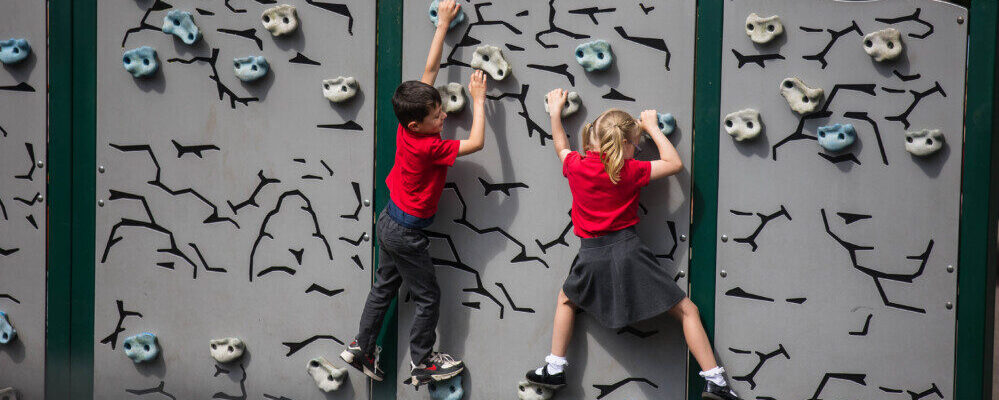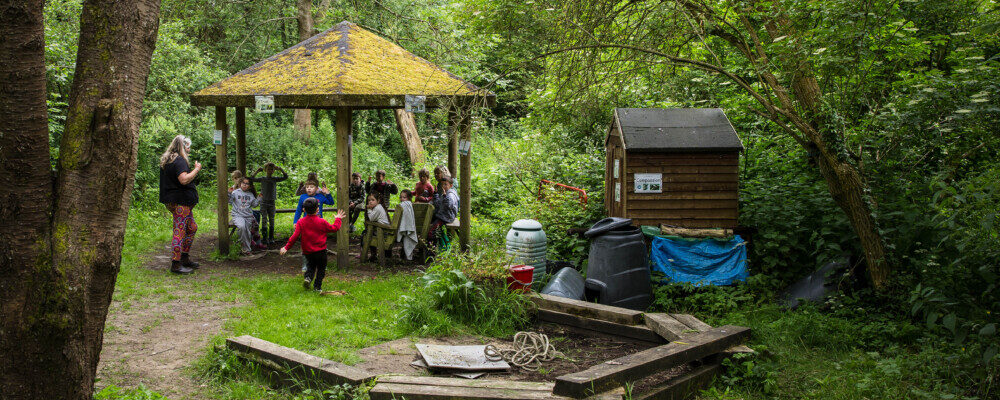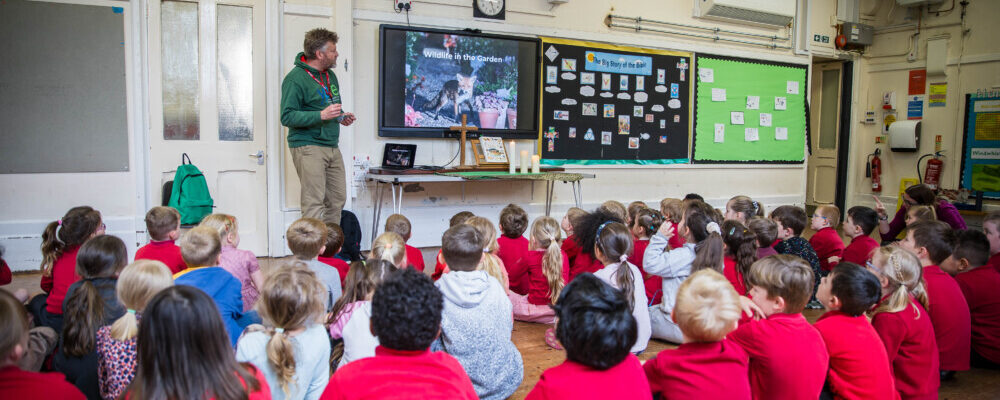English
Reading at Ashlands Primary School
We aim to excite and engage every child in reading by fostering a lifelong love of books. As part of our reading offer, we have a well sourced school library and high-quality reading corners within every classroom. There are also additional reading spaces within the school which include the recommended reads for each year group incorporating fiction, non-fiction and poetry.
Through our children’s journey with us, we expose them to books which acts as ‘mirrors, windows and sliding doors.’ Books are mirrors when readers see their own lives reflected in the pages; books are windows when they allow readers a view of lives and stories that are different from their own; books become sliding glass doors when readers feel transported into the world of the story and where they feel empathy and compassion for the characters.
Reading materials
We deliver a ‘phonics first’ approach to reading using fully matched phonetically decodable books through our phonics scheme, Unlocking Letters and Sounds. Once children progress beyond decodable texts, they move onto our coloured book scheme so that they can continue to progress in their decoding, fluency and comprehension skills to become enthusiastic and competent readers. As the children then become free readers, we have an extensive range of books to suit all tastes including sets of recommended reads for each year group.
In EYFS and KS1, every child will take home one fully decodable book and one sharing book (book to be enjoyed together). The fully decodable book is carefully matched to the child’s current knowledge and understanding. Parents are encouraged to read the fully decodable books three times – the first time focusing on decoding, the second on developing reading fluency, and the third on building simple comprehension skills. This video explains the importance of repeated reading:

https://www.unlockinglettersandsounds.co.uk/institute/teacher/courseview/5/view
Reading Curriculum
Guided reading sessions within the school look different according to each of the different phases.
Alongside daily phonics lessons, children in EYFS and Key Stage 1 practise their reading skills through group guided reading sessions. In these crucial early stages of reading, we use books from Ransom Reading Stars Phonics to ensure complete fidelity to the Unlocking Letters and Sounds Phonics Scheme. Teachers select texts which are very closely matched to a child’s current phonics knowledge ensuring every child can experience real success in their reading. Each guided reading session gives opportunities to teach and practice decoding, fluency and prosody, with every child having at least one guided reading session a week. This video shows what you can expect in one of these group guided reading sessions:
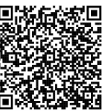
https://www.unlockinglettersandsounds.co.uk/institute/teacher/courseview/5/view
In Lower Key Stage 2, whole class guided reading sessions are delivered using carefully chosen extracts from fiction and non-fiction books as well as poems. Texts are chosen for their content ensuring they contain the right level of challenge of vocabulary and sentence structure.
At this stage, there is a real focus on building the children’s reading fluency skills to support their comprehension skills. Teaching staff will use techniques such as echo reading, choral reading and text marking to help build the children’s skills in reading aloud with fluency and prosody. Guided reading sessions also focus on developing the children’s vocabulary through selecting specific tier-two vocabulary from within the text to highlight and discuss. Texts are linked to the wider curriculum where suitable.
|
As the children move into Upper Key Stage two, there is a focus on developing the children’s written comprehension skills. Children in Years 5 and 6 will continue to read high quality extracts from different fiction and non-fiction texts alongside poetry. Teachers will expose the children to a variety of different comprehension style questions including:
- word meaning
- fact retrieval
- inference
- prediction
- summarising
At the start of the year, teachers will model carefully how to answer these different styles of questions with the children becoming more independent as the year progresses.
Reading for Pleasure
Our approach to reading goes well beyond one off special reading events – it is based on research of good practice and embedded in a school culture that values and supports Reading for Pleasure. The foundations of our approach to Reading for Pleasure fall into the following categories:
- Access and choice – all pupils have access to high quality, current and diverse reading materials
- Space – well cared for spaces throughout the school which celebrate reading and allow time for Reading for Pleasure
- Status and attitude – time for Reading for Pleasure is included within the curriculum and valued by all staff. Staff share their love of books, recommend new texts and engage pupils in ‘book talk’ to inspire others to read more widely. Book related events are included throughout the year including: World Book Day, Empathy Day, Reading Cafes and Booknics (reading picnics).
Writing at Ashlands Primary School
At Ashlands, we use picture books as the starting point and inspiration for writing across all of our year groups. Picture books play a major role in a child’s development. They blend words with art, harmoniously working together to tell a story. These beautiful books are such powerful tools in promoting discussion and broadening children’s understanding of different beliefs and cultures. They can navigate children through tough and sensitive topics and build empathy and compassion. Picture books turn young listeners into readers and readers into writers. This is what we strive for in all of our children.
To supplement the children’s exposure and exploration of rich and sophisticated vocabulary, we have a carefully designed reading spine from which class teachers pick their read aloud texts each term. These books have been chosen after extensive research and include a wide range of narrative styles, language, genres and plots. They also provide a diverse range of authors, characters and subject matter.
Vocabulary rich texts are also used in guided reading sessions across Key Stage 2.
The picture books chosen to inspire writing are carefully mapped out over a two-year rolling programme in Key Stage 1 and a four-year rolling programme in Key Stage 2. This rolling programme is continually being developed and improved. We ensure that all of the different genres are covered across the year. These include:
- writing to entertain (stories, poetry, plays)
- writing to inform (reports, recounts, biographies, journalistic)
- writing to argue (persuasive writing, discussion texts, speeches and debates)
- writing to explain (explanations, instructions, recipes, manuals)
Each unit of work is carefully planned to ensure it includes:
- Opportunities for oracy or drama
- Vocabulary study and exploration
- Grammar and punctuation skills taught in context
- Exploration of authorial techniques – how authors create setting, characters and build atmosphere
- Modelling of good quality writing examples by the teacher
- Multiple short burst writing opportunities, leading to a main written outcome to allow the children to use and apply the skills developed during the unit of work
- Editing
Where possible, writing units will be linked to the wider curriculum and events, trips or visitors.
Once a term, the children will complete an independent piece of writing which teachers mark against age related objectives. This assessment is then used by teachers to identify the next steps in the children’s learning.
Handwriting at Ashlands Primary School
At Ashlands Primary School, we use the Unlocking Handwriting programme. This is a whole school handwriting programme. The progression follows the National Curriculum, with some additional content included which is based upon research and good practice in schools. The progression is structured broadly in units which are broken down into multiple sessions, offering a clear focus for each discrete handwriting lesson. Similar to the structure of Unlocking Letters and Sounds phonics programme, Unlocking Handwriting provides ‘Mastery’ units for children to embed and secure the knowledge they have previously learnt. The programme also provides frequent opportunities for children to revisit previous learning and embed this before further refining their handwriting skills. This handwriting practice is additional to the daily opportunities for practicing letter formation within phonics lessons in Reception and Key Stage 1.
Each handwriting session lasts around 10-15 minutes with the frequency varying across the different year groups.
| Year group | Lesson frequency per week |
| Reception | 1- 2 in addition to the short opportunity in daily phonic lessons |
| 1 | 2 in addition to the short opportunity in daily phonic lessons |
| 2 | 2-3 |
| 3 | 2 |
| 4-6 | 1-2 |
Spelling at Ashlands Primary School
On completion of the Unlocking Letters and Sounds Phonics Programme in Year 2, we then use the Emile Spelling Programme. This is a systematic, evidence-based program designed to improve children’s spelling abilities. It utilises a combination of phonics, morphology (the study of how words are formed, their internal structure, and how they relate to other words) and etymology (the study of the origins of words) to help students understand spelling patterns and rules. The program is aligned with the National Curriculum and includes interactive games allowing the children to explore spelling patterns whilst having fun. Teachers explicitly teach the spelling rules at the start of the week before the children are given opportunities to practise applying these rules by using the online App. Nearly all the statutory content is covered in Year 5, so Year 6 teachers are able to revisit Year 5, plug gaps & consolidate learning.

